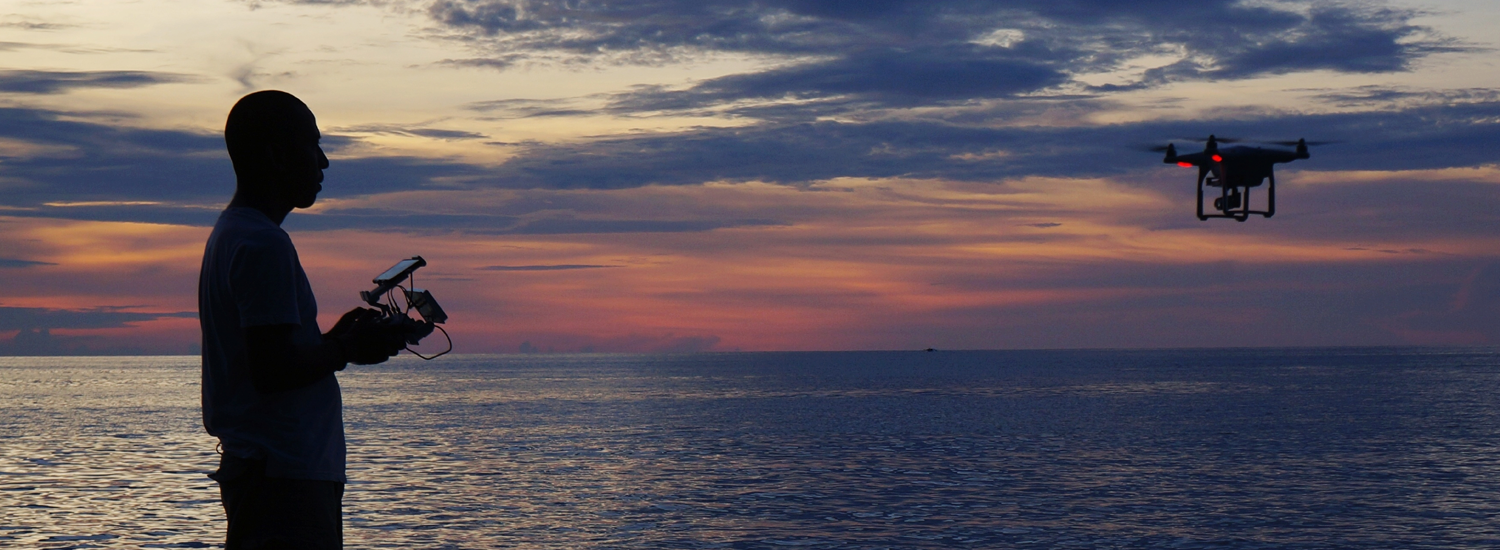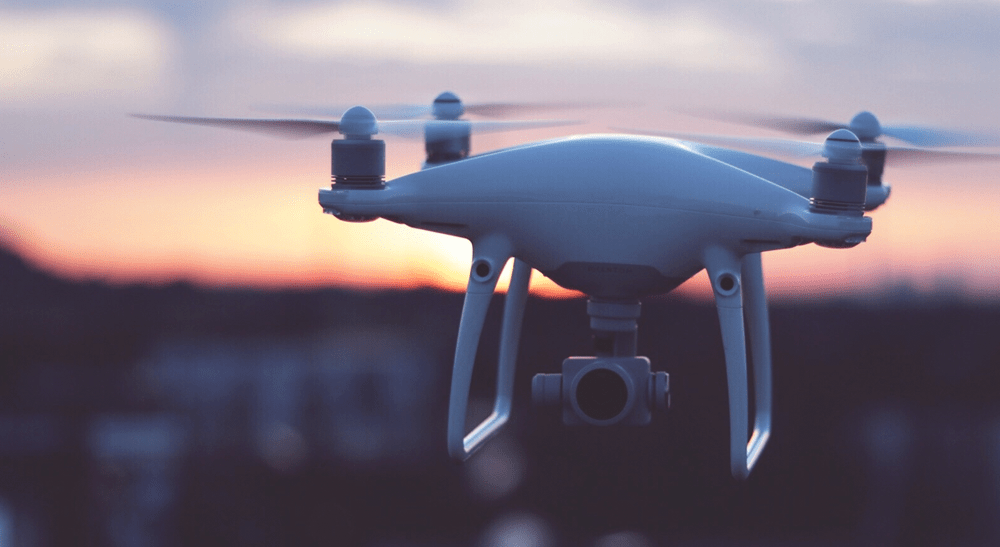
Remotely piloted aircraft systems (RPAs), are increasingly being used for commercial purposes by many industries such as real estate agents, surveyors, cinematographers, loss adjusters, power line inspectors, the farming industry, agricultural services and for flood mapping purposes.
CASA regulations regarding the use of small RPAs in the excluded category
Under the Civil Aviation Safety Regulations (CASRs), RPAs under 2kg being flown for commercial purposes, can operate in the 'excluded' category. This category removes the requirement for a Remote Pilot Licence (RePL) and Remote Operators Certificate (ReOC) but requires the Operator to (1) notify CASA before flying and (2) to conduct the operation within CASA's Standard Operating Conditions (SOCs).
The excluded category presents a great opportunity for businesses wishing to adopt this technology and trial using RPAs as part of their operations. However, it is important to note that Operators flying RPAs under 2kg for commercial purposes, outside the SOCs, are required to hold a RePL and to fly with a ReOC holder in order to ensure compliance with the CASRs.
Developments in this continually growing area of aviation are exciting, and especially so for business, however it is important for QBE – as a leader in the RPAs field – to educate our partners and end users of the associated risks of using RPAs for commercial purposes. As such, Third Party Liability Insurance cover with QBE is available subject to the operator having either:
- RePL or,
- Complete training with a Registered Training Organisation approved by QBE.
In order to provide cover for damage to the RPAs itself and accessories/equipment, the operator must hold an ReOC.
Read our RPAs guide for more information.
Dedicated cover for commercial drone operators
QBE is proud to offer a leading dedicated RPAs insurance cover, created specifically for drone operators. As one of the pioneers of RPAs coverage in the country, our underwriters and product specialist have designed the policy using their depth and breadth of knowledge of the specific risks associated with drone operations. This new policy is broad, uses industry language and is backed by QBE’s approach to safety and airmanship.
Why RPAs Cover?
There are a number of risks owners and operators of commercial RPAs should consider when protecting their assets and third-party liability.
- Accidental damage coverage includes damage that occurs whilst in flight. The policy will also extend to cover road transit whilst in the insured care, custody or control for specified events.
- Ground risks only cover is also available if required.
- Third Party Liability (TPL) cover binds to each RPAs individually. TPL will cover bodily injury or property damage as a result of an RPAs accident.
- TPL can also cover bodily injury or property damage caused by an occurrence in connection with your client’s RPAs business.
Summary of cover
| Section 1: Loss or damage to RPAs |
Provides cover for accidental loss or damage to the RPAs. This includes cover whilst the RPAs is in transit by road. And RPAs is made up of
|
| Section 2 (A): Liability to Third Parties - RPAs Flight Operations |
Protects the insured for their legal liability for third party bodily injury and/or third party property damage during an RPAs flight. This extends to cover liability for the remote pilot on the ground. |
| Section 2 (B): Legal Liability to Third parties - RPAs Ground Operation |
Protects the insured for the legal liability in connection with their RPAs business operations on the ground. This section also includes an extension called ’Privacy Liability’. This protects the insured for claims against an invasion of privacy that may be contained in an advertisement, broadcast or telecast. |
| Cover for Electronic Data | There is now an option to cover loss or damage to the electronic data or electronic media contained in the RPAs. |
The summary above is prepared for clients of QBE. It provides general information only. It does not take into account matters specific to your business.
The QBE Aviation Claims Team
QBE claims service complements this cover. Located in Australia, our claims team has aviation expertise and industry contacts. We have the resources and skills to provide help and support when it matters most. As an intermediary or policyholder of QBE, you can expect consistently good service and proactive case management.
Why QBE?
QBE are market leaders in the aviation industry in Australia. We have been underwriting aviation in Australia for over 55 years and RPAs/UAVs /drones for over 10 years. We work closely with industry bodies such as CASA, The Australian Transport Safety Bureau (ATSB) and Australian Association for Unmanned Systems (AAUS) to improve aviation safety in Australia.
Want to know more?
Speak to your broker or, if you need a broker see our guide to finding the right broker.

Drones and Insurance: The Sky is the Limit
From an aviation insurance perspective, it’s clear the drone revolution is disrupting major industries. With every business opportunity comes challenges and new risk exposures, which businesses, insurers, brokers, regulators and the community will need to face together.

Which industries are ripe for drones?
Drones are becoming increasingly powerful business tools. Commercially to date, they’ve mostly been engaged to conduct aerial photography, inspection or survey and are being put to use in Australian SMEs across multiple industries. So what are the business opportunities?

Top four reasons for drone accidents
This spike in popularity RPAS has left many operators liable and exposed to risks including damage to people and property. Here is the insight into the most common reasons for RPAS accidents.
